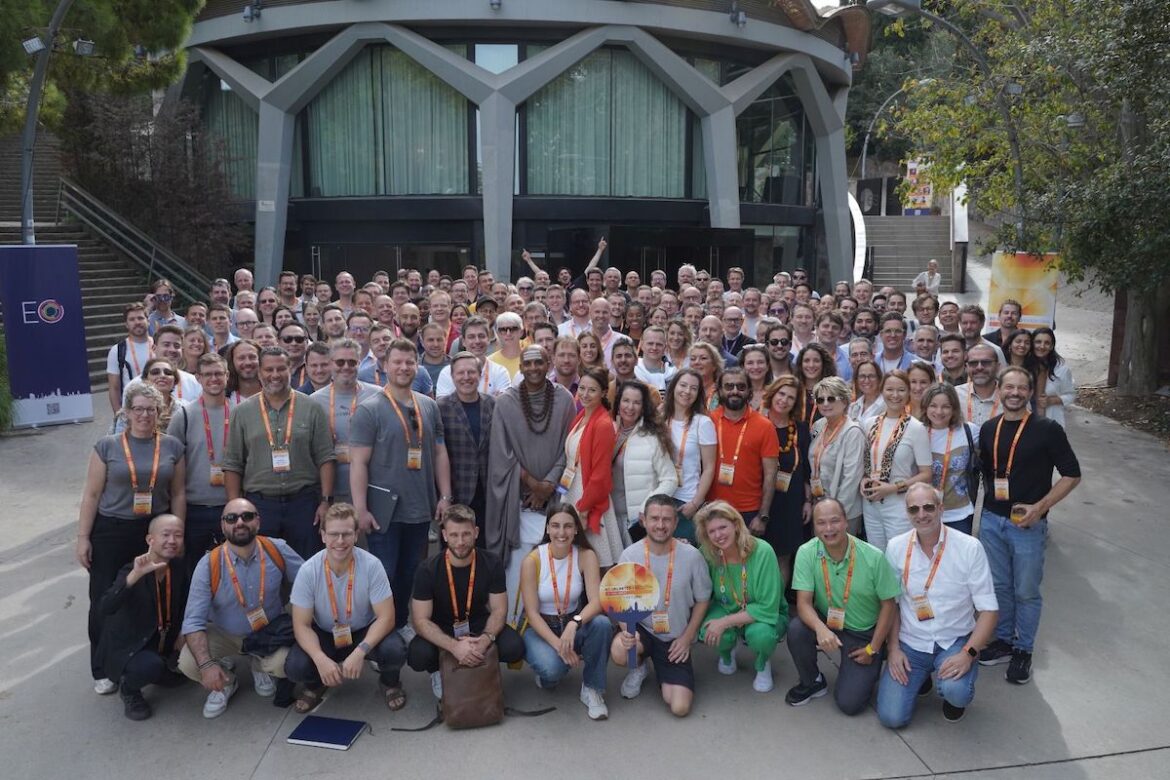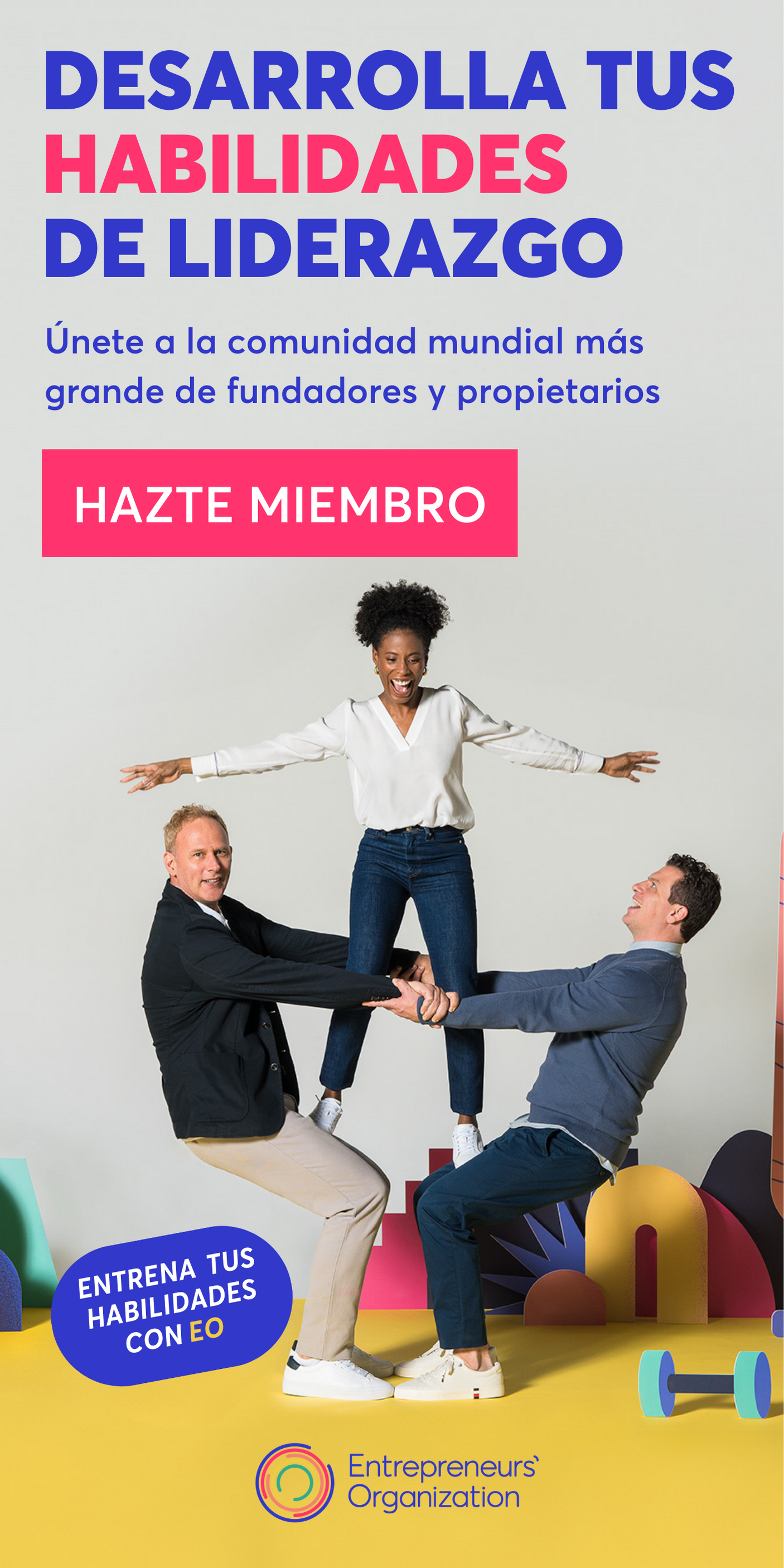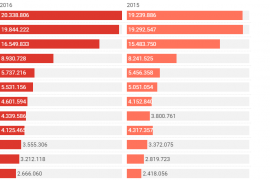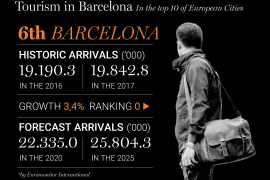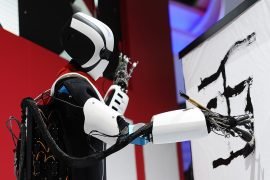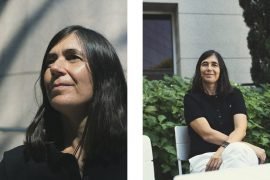Entrepreneurship is an essential driver of the economy and an engine for innovation. Entrepreneurs represent an asset for productive development, but why undertake? To what end? For money? Recognition? Ambition? These are valid but, for some, empty reasons. Some people choose to start a business by passion, and in order to generate a positive impact on society.
This was precisely the topic that was the focus of the conference Act for Impact Entrepreneurs’ Organization (EO) recently held in Barcelona. In them, nearly 200 entrepreneurs from 30 countries discussed the footprint they want to leave on society. Lectures, workshops and experiences encouraged participants to generate this positive impact by transforming their businesses and the people around them, starting with transforming themselves, and ultimately transforming the planet.
The conference included lectures by leading figures in the field of entrepreneurship, such as the founder of EO, Verne Harnish; the Hindu priest, ex-monk and entrepreneur Dandapani, and the chairman of the Global Entrepreneurship Network (GENs), Jeff Hoffman, whose network works with entrepreneurs in 190 countries. They shared their experiences with the attendees, who also participated in activities such as active meditation. of the Suco sessions. In them, meditation is not practiced in stillness, but in movement. And not just any music, but electronic music with African influences. The international meeting of entrepreneurs also included yoga sessions and boat trips, castellers and garbage collection on the beach.
Despite the uniqueness of the activities and experiences, the highlight of the EO conference was the talks, both for their speakers and for the meeting between entrepreneurs that they represented. The atmosphere in the conference room was a far cry from the usual business symposium atmosphere. Few formalities and ties; complicity among the attendees and a relaxed atmosphere. They open the session with a catchy song composed by EO from the Netherlands using artificial intelligence, and the attendees get up to dance, before welcoming the next speaker – EO’s founder – with cheers.
Harnish begins his lecture by highlighting the importance of teams in companies, and the relevance of the entrepreneur having a captain to encourage the rest of the team, without having to do it himself. And what should the leader of the company do? Focus on strategy, and do so by setting “bold” targets. To do so, he proposes to use a tool: his One Page Personal Plan (OPPP). It consists of a chart through which goals are established in the areas of relationships, wealth, achievements and personal rituals. These objectives are set for periods of 90 days, one year and 25 years, and the actions to be taken to achieve them, and those to be avoided, are identified.
The founder of the entity invites the attendees to reflect on their rituals, and then to share their thoughts with the person sitting next to them. What starts as a soft and timid murmur, after a few seconds gains intensity. A cacophony fills the room, where the entrepreneurs exchange their thoughts and experiences. The multitude of dialogues among the attendees becomes so powerful that Harnish cannot easily regain the floor. Entrepreneurs previously unknown to each other come together as hundreds of voices sharing experiences and trajectories.
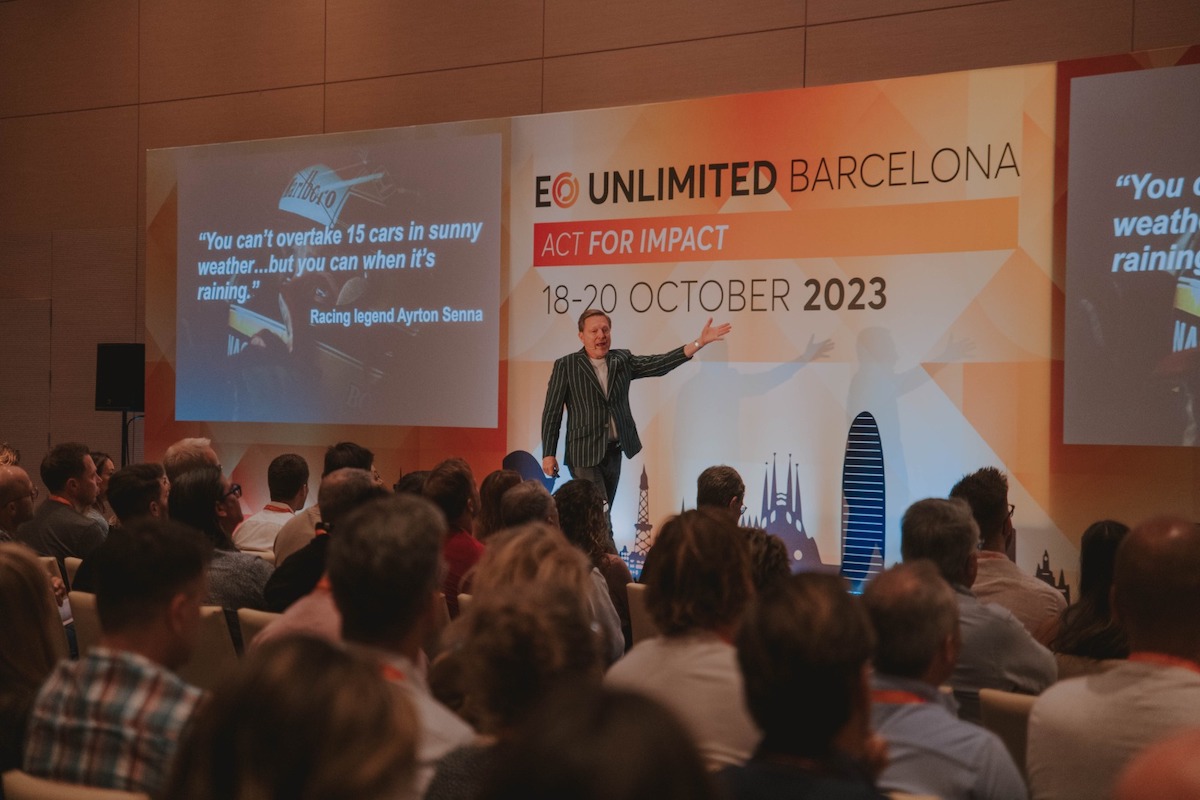
Instimacy, instant intimacy
Connecting easily and suddenly with other entrepreneurs is a common phenomenon in EO. It is an instant intimacy. Instimacyas it is called in the organization. But, Why is it so easy to generate this instant connection between virtual strangers? That the members of the organization share similar values and common interests. This instimacy is breathed in Harnish’s lecture, which the founder of EO closes by betting on being regenerative, not resilient. The reason? Resilience involves a struggle to stay alive, while regeneration leads to getting stronger and growing, according to him.
An example of this growth is the chairman of the Global Entrepreneurship Network (GENs), Jeff Hoffman. He explains to the audience that he set out as a child to travel to 50 countries. Over the years, he got a good job, but it prevented him from moving beyond a cubicle. Travel went from a dream to a purpose when he left his job and ventured to the airport without a specific destination. He returned without having been able to buy any tickets, but with an idea born out of the queues at the counters, which led him to create his first invention.
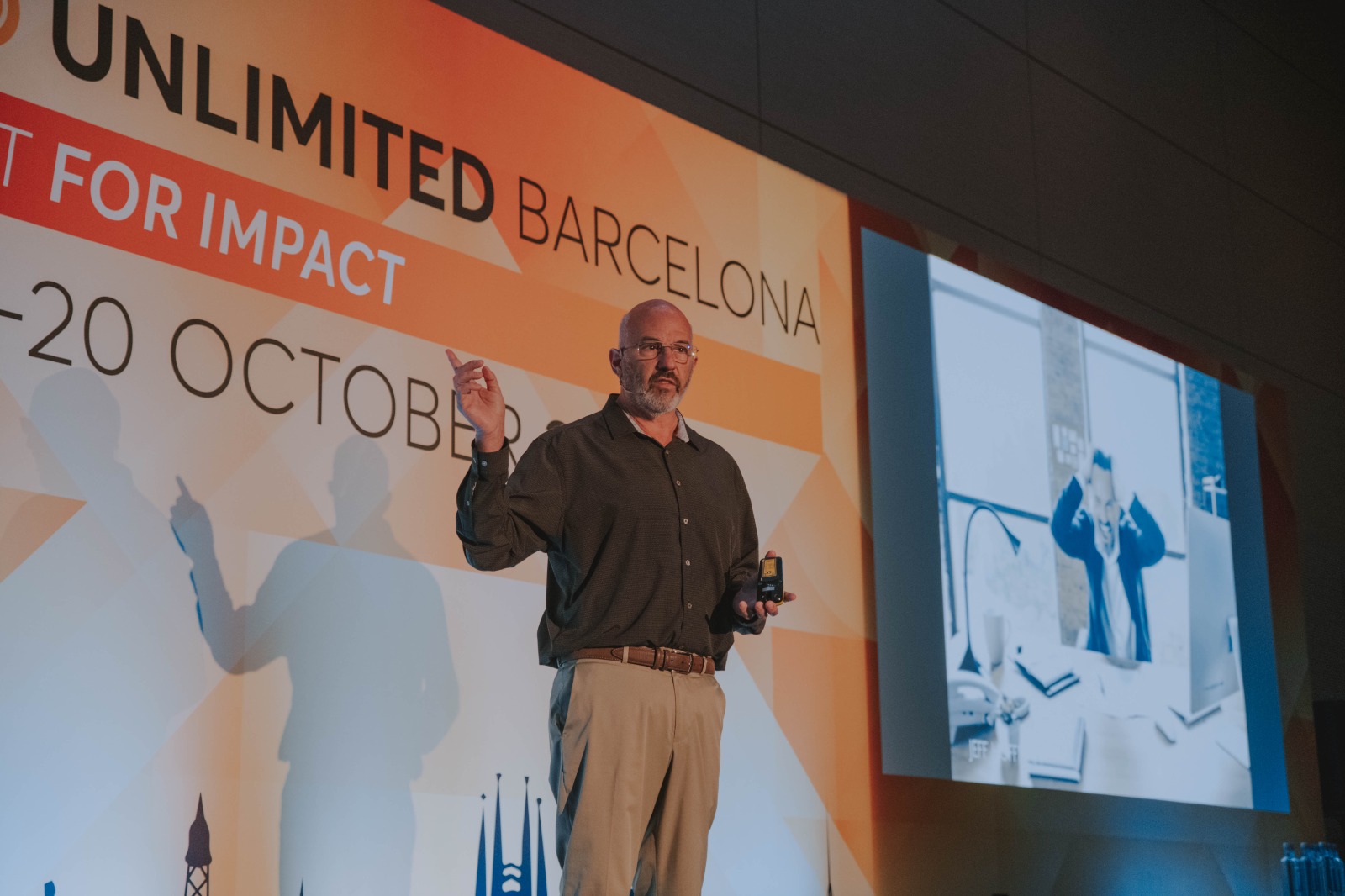
Hoffman then created automatic billing machines. With them, the traveler can validate his or her own check-inHoffman began to travel because of this job. “Design the business that creates the life you want to live,” he advocates to the attendees, whom he challenges not to pursue wealth, but excellence. Throughout his career, Hoffman has been a member of startups such as Priceline and Booking in the travel industry, and is now a Hollywood producer. It was while standing on the red carpet that he realized he wanted something more: he wanted to help others to achieve their red carpet moment. Since then, he has been committed to ensuring that his own wealth contributes to improving the situation of other people: “Your success is the miracle of others”.
Simplification and detachment
Acting from a purpose was the focus of the conference given by the Hindu priest Dandapani. It postulates that it is necessary to set goals, main and secondary, and to keep the focus on these, through simplification, detachment and sacrifice. To get closer to defining these purposes, he poses a challenge: to imagine that there are three hours of life left and to reflect on how they would be invested. Thus, the finiteness of life represents a reminder to live focused on purpose. In this sense, challenged the attendees to come up with a 300-year plan. “A plan beyond ourselves” that includes the impact intended to be left beyond one’s own life, according to the former monk.
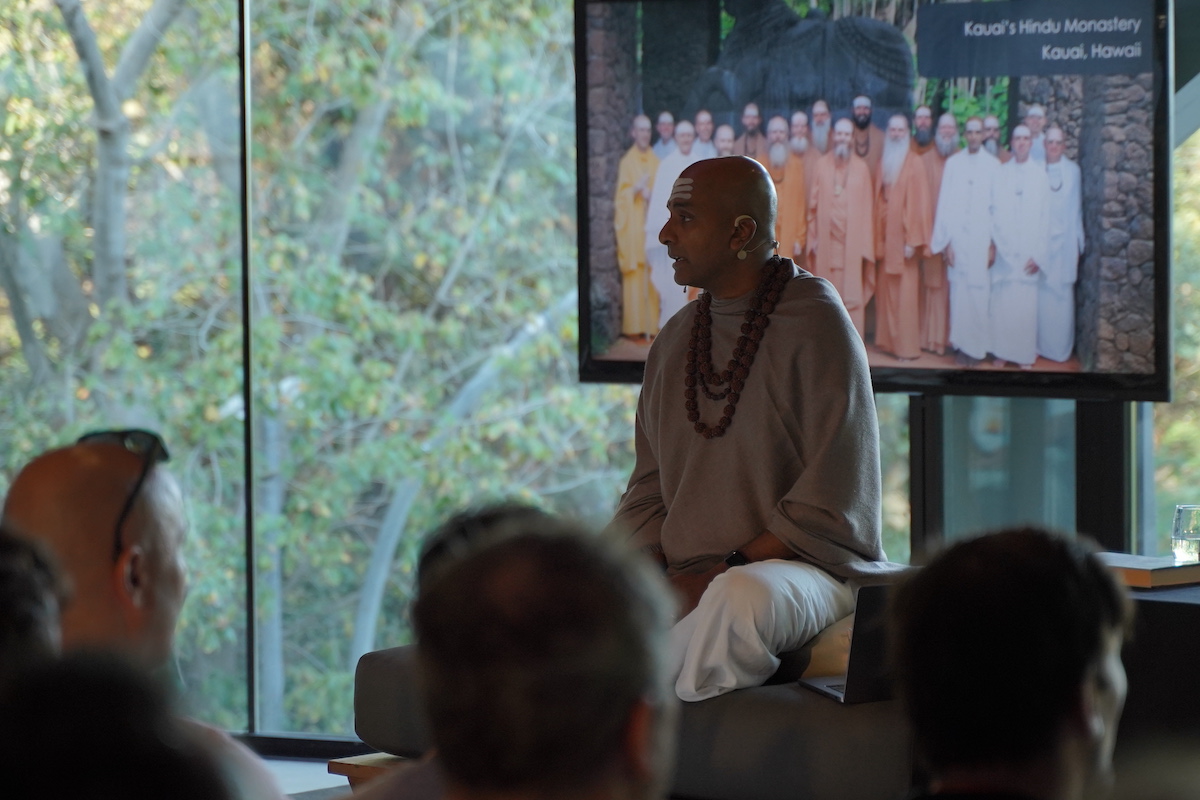
The conferences, held at the Hotel W and Esferic Barcelona, included lectures, as well as also by speakers such as the associate senior associate associate of Economics of Mutuality Solutions, Pascal Riederer; writer and mindset coach mindset coach Florencia Andrés; the global director of Pedigree of the Mars Group, Fabio Alings, and entrepreneur Dillon Jearey. Also giving talks were former fighter pilot and entrepreneur Yarden Zilber, technology investor and CEO of VIE People, Wendy van Ierschot, and Learnlife founder Christopher Pommerening, all three EO members.
The entity’s goal is to offer a “holistically transformative” space that takes into account focus, legacy, purpose and health.
However, the differential element of the conference is not so much in its speakers or its content, but in the atmosphere and the interrelationship among the attendees. EO’s intention is that “they connect with themselves, with others and with the environment”, according to the organization’s former president in Barcelona, Natalya Berdikyan, who promoted the event during her presidency. Explains that the organization’s goal is to offer a “holistically transformative” event, that takes into account aspects such as focus, legacy and purpose, without forgetting elements such as health.
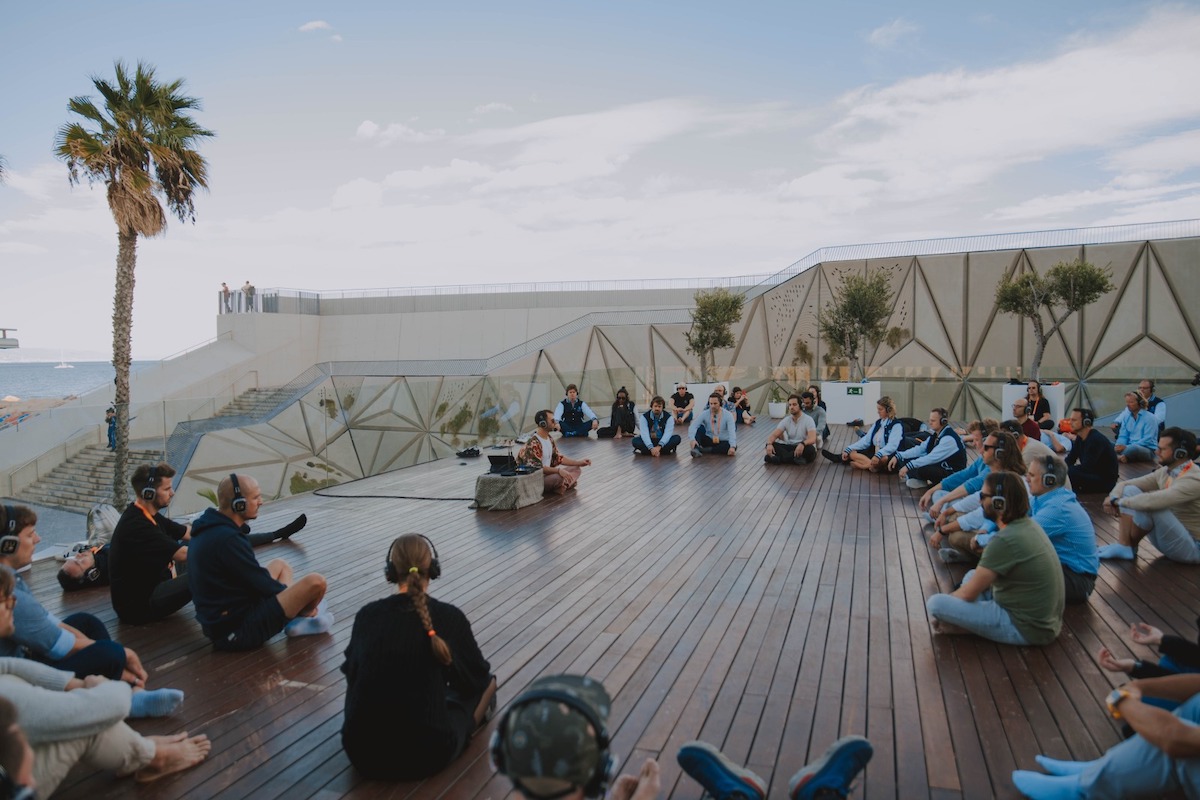
Berdikyan stresses that the conference has been designed to provide an environment that gives space for inspiration and the possibility to grow professionally and personally, and to exchange this growth with other entrepreneurs. “Taking care of ourselves physically and mentally together, as a supportive community, as a family,” according to the also a member of EO’s Global Board, where she leads the Health and Wellness industry field.
The attraction of Barcelona
The conference was reserved exclusively for EO members, but was opened to successful Barcelona entrepreneurs with annual sales of at least one million euros. were opened to successful Barcelona entrepreneurs with annual sales of at least one million euros. Fifteen attended, who “enjoyed connecting with other entrepreneurs and the atmosphere” of the event, according to Berdikyan. Both she and several members of the EO Barcelona Board are convinced that this conference will motivate several of its attendees to consider a move to the Catalan capital, as has happened with previous EO events in the city.
EO founder describes Barcelona as an “epicenter of innovation” and technology
Harnish was one of those who opted years ago to settle temporarily in Barcelona, following an EO meeting in the Catalan capital. The founder of the organization praises not only Barcelona’s climate and Mediterranean beauty, but also the “lack of solitude” that he believes characterizes it. He praises the ease of getting around the city on foot, and describes it as an “epicenter of innovation” and technology. Several of EO Barcelona’s members have settled in the city in recent years, and several of them maintain their businesses in their hometowns. New technologies and connections with other cities allow them to do so. It matters where it is undertaken, how it is undertaken and, above all, for what reason and with what purpose. Establishing this purpose is often the most arduous of tasks. To clarify the focus, one can ask oneself, what would be one’s own red carpet moment?

